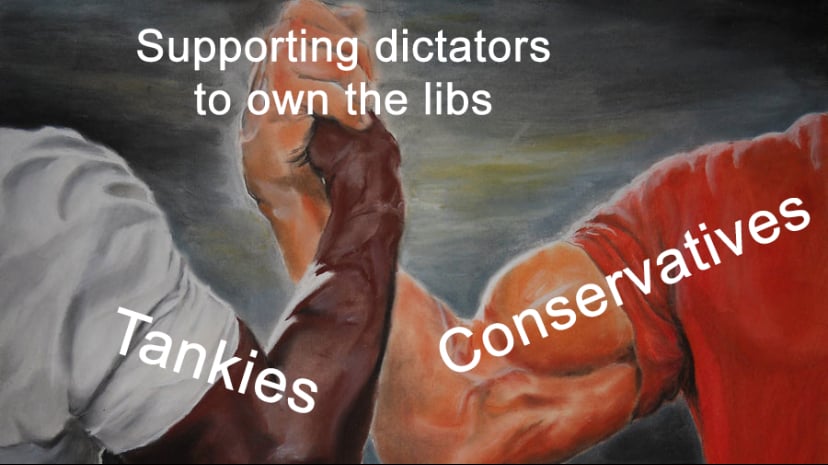this post was submitted on 22 Jul 2024
304 points (85.8% liked)
Political Memes
5403 readers
3506 users here now
Welcome to politcal memes!
These are our rules:
Be civil
Jokes are okay, but don’t intentionally harass or disturb any member of our community. Sexism, racism and bigotry are not allowed. Good faith argumentation only. No posts discouraging people to vote or shaming people for voting.
No misinformation
Don’t post any intentional misinformation. When asked by mods, provide sources for any claims you make.
Posts should be memes
Random pictures do not qualify as memes. Relevance to politics is required.
No bots, spam or self-promotion
Follow instance rules, ask for your bot to be allowed on this community.
founded 1 year ago
MODERATORS
you are viewing a single comment's thread
view the rest of the comments
view the rest of the comments

False. What's your source on this? Even in attempts like the USSR, most of the agricultural land was worked through collectively owned Kolkhoz. And in the starts of the USSR, many Marxist-Leninists like Trotsky or Kollontai argued for increasing protagonism of unions in the decision-making power of the state. Furthermore, Marxist-Leninists believe the power should fundamentally reside collectively and democratically in worker-councils or soviets. The existence of a state isn't antithetical with democracy, and the state making collective decisions based on elected soviet representatives isn't authoritarian, but a very high form of democracy.
Again, you have a fundamental misunderstanding of history and of Marxism-Leninism. You seem to believe that Marxist-Leninists want to impose a purely top-down structure, but that's nothing further from the truth. The concept of the "vanguard party" isn't a benevolent dictatorship, it's an organization of Marxist intellectual elites that continuously engages with the people, and translates their demands into Marxist language and policy. The leadership in many industries in the USSR was elected by the unions, not imposed top-down from a bureaucracy of party members. The existence of a central economic plan isn't antithetical to democracy, on the contrary it can catalyze the will of the majority into concrete economic policy instead of leaving it to the independent desires of cooperatives that may or may not align with that of the majority. As for central planning "failing spectacularly on multiple occasions", again I'm going to need sources. The USSR's economy steadily grew at a very fast pace from 1920 to 1980s, with a minor hiccup in growth in the last decade of its existence, and the only time with big shortages being perestroika, when liberalizations took place and markets were allowed.
But why do you think markets are a better mechanism? The lack of a central planning doesn't automatically mean democracy, it means just that independent actors do whatever they can. Economic planning is extremely mature as a science nowadays and we see it with (sadly evil) examples like Walmart or Amazon, and with modern computational power we could truly bring wonders to the world if we planned our economies as collectively and democratically as possible.